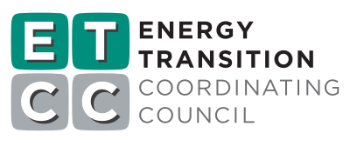 Project Title
Project Title
Behavioral Landscape Analysis
Project Number ET14PGE7791 Organization PG&E End-use Other Sector Residential Project Year(s) 2014 - 2017The primary objective of this report is to assess opportunities for identifying, improving, and expanding behavior-based energy programs across a utility energy efficiency portfolio. Energy conservation behavior could deliver up to 20% reduction in energy usage, but the initial definition of what constitutes a behavioral program in California has limited claimable savings to a narrow subset of behavioral interventions. This definition has expired, driving the need for a new framework to support utilities pursuing behavior-based energy savings. Social science research has demonstrated numerous behavioral strategies that have been used to change behavior in both governmental and non-governmental programs successfully. Utilities could benefit from additional insights into how to leverage behavioral science and methods more broadly to achieve untapped energy savings. By analyzing programs within the landscape of one energy utility, Pacific Gas and Electric Company (PG&E), the current report identifies a new method for categorizing and describing behavior-based energy programs. It concludes with a framework to guide future work in California to define, design, and evaluate behavior-based energy programs.
